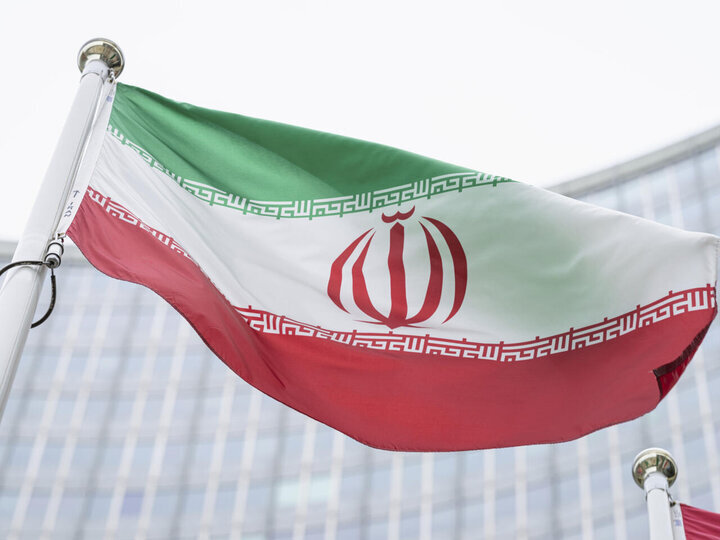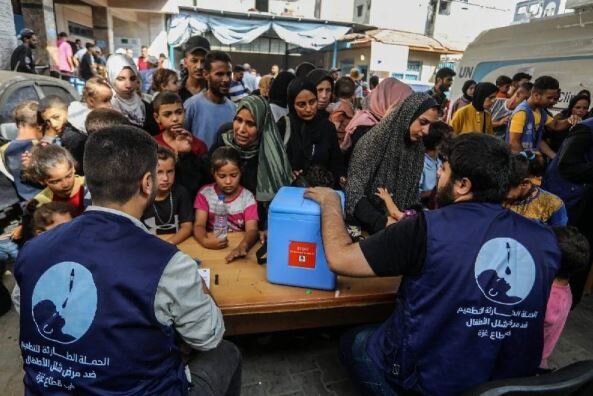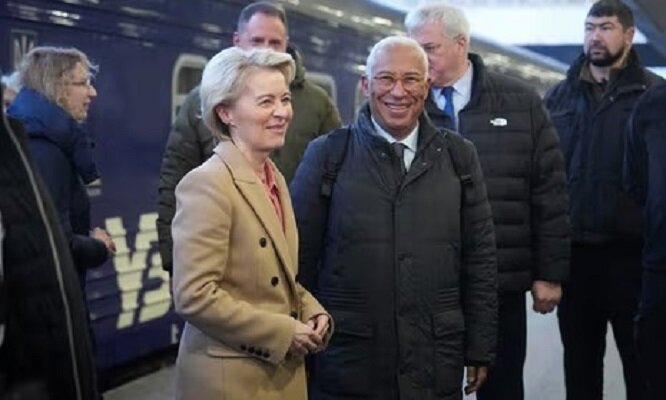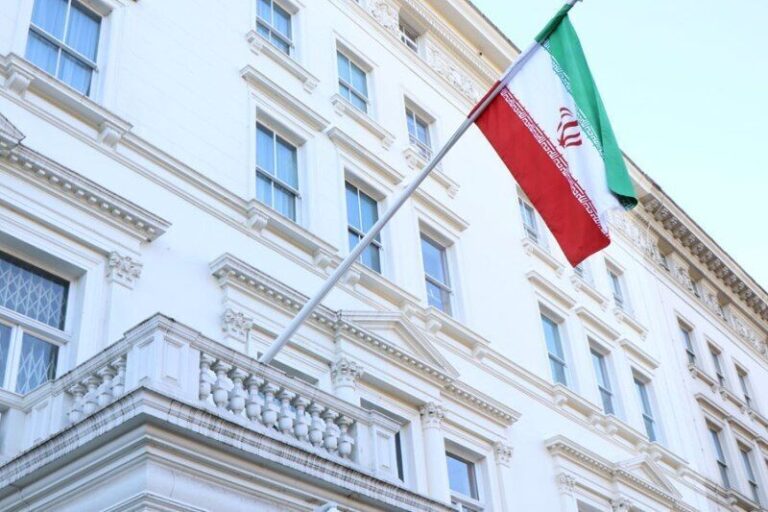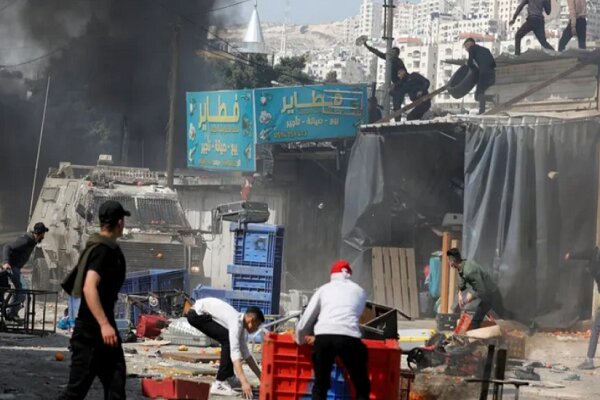Iran Receives Key Communications from Damascus: What’s Behind the Message?
The ongoing situation in Syria has caught the attention of global leaders, with the Islamic Republic of Iran playing a crucial role in the unfolding events. Recently, Mohammad Reza Raouf Sheibani, the Iranian foreign minister’s special envoy for Syrian affairs, provided insights into Iran’s stance on the matter.
In his statements, Sheibani revealed, “The Islamic Republic of Iran is indirectly in contact with Damascus and we have also received messages.” This indicates that Iran is closely monitoring the developments in Syria and is prepared to make strategic decisions as needed.
Sheibani emphasized the importance of Syria’s future, asserting that “considering the special position that Syria has in the Middle East region, Iran believes that Syria’s future and destiny will be determined by the people of the Arab country.” He highlighted the necessity for all political currents in Syria to participate in shaping the nation’s future.
Key points discussed by Sheibani include:
- Stability and Peace: “Certainly, the stability and peace of Syria is of special importance to us,” he stated. This underscores Iran’s commitment to a peaceful resolution in the region.
- Opposition to Foreign Interference: Sheibani expressed that Iran is against any foreign interference in Syrian affairs, emphasizing the need for local governance.
- Dialogue and Inclusivity: The need for inclusive dialogue among various political, ethnic, and religious groups in Syria was a focal point of discussion.
On Friday, Sheibani met with Alexander Lavrentiev, the special envoy for Syria from Russian President Vladimir Putin, and Deputy Foreign Minister Mikhail Bogdanov in Moscow. These discussions were pivotal in addressing the latest developments in the West Asian region, particularly focusing on Syria.
During the meeting, both Iranian and Russian officials reaffirmed their respect for Syria’s unity, sovereignty, and territorial integrity. They stressed the importance of international efforts aimed at establishing stability in Syria, adhering to the principles of sovereignty and self-determination.
Moreover, both sides shared a consensus that the internal issues of Syria should be resolved by its own people through comprehensive dialogue. This approach is seen as vital for ensuring that all voices, including various political, ethnic, and religious factions, are heard and represented.
In conclusion, the Iranian government, through its diplomatic efforts, aims to support a peaceful and sovereign Syria. By facilitating dialogue and resisting external pressures, Iran seeks to play a constructive role in the region’s stability. As the situation evolves, the emphasis remains on local resolution and cooperation among Syrian factions to ensure a harmonious future.
